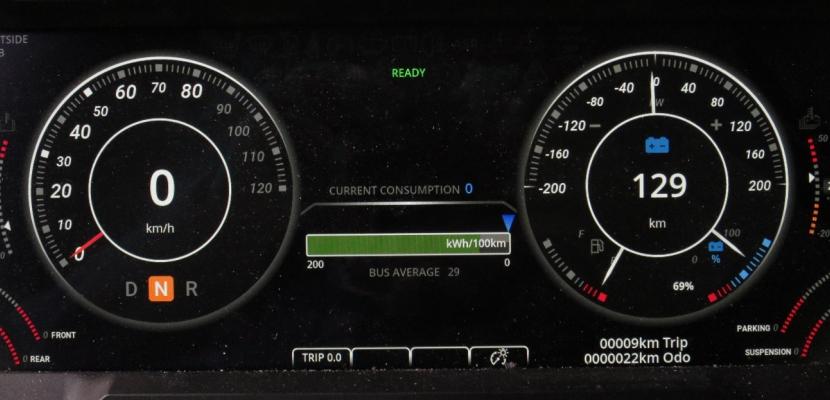Image

Training for whole staff when e-buses were first introduced in the region
Published on 22 September 2021

Finland
Länsi-Suomi
This is the good practice's implementation level. It can be national, regional or local.
About this good practice
As a part of the procurement of e-buses, the whole operator staff as well as towing staff and rescue workers were trained to operate, maintain and handle the buses and opportunity chargers. Training was organized by Turku University of Applied Sciences.
For successful training, it is important that in addition to the general knowledge on the technology, the trainers have sufficient knowledge on the exact systems in question. The two trainers familiarized themselves by several factory visits, test drives and practicing charging procedure.
The driver training was implemented in two parts. The first part took place before the actual launch of the e-bus service. The emphasis was to familiarize the drivers with the every-day operation and charging process of the e-buses. The second part was implemented about a year later. The main emphasis of this part was on economical driving to minimize the electricity consumption. This part was implemented when the drivers were already used to the basic operation procedures of the e-buses. This means that their ability to adopt new driving style characteristics was considered better.
In addition to the bus operator staff, the towing contractor and local rescue department were trained as well. The towing staff was trained on how to tow e-buses safely if needed. Rescue workers were given combination of theory and hands on training on location of high voltage components and how to disconnect electrical systems of bus and chargers.
For successful training, it is important that in addition to the general knowledge on the technology, the trainers have sufficient knowledge on the exact systems in question. The two trainers familiarized themselves by several factory visits, test drives and practicing charging procedure.
The driver training was implemented in two parts. The first part took place before the actual launch of the e-bus service. The emphasis was to familiarize the drivers with the every-day operation and charging process of the e-buses. The second part was implemented about a year later. The main emphasis of this part was on economical driving to minimize the electricity consumption. This part was implemented when the drivers were already used to the basic operation procedures of the e-buses. This means that their ability to adopt new driving style characteristics was considered better.
In addition to the bus operator staff, the towing contractor and local rescue department were trained as well. The towing staff was trained on how to tow e-buses safely if needed. Rescue workers were given combination of theory and hands on training on location of high voltage components and how to disconnect electrical systems of bus and chargers.
Resources needed
Training was funded by eFöli project, budget for training was not specified.
The training was carried out by two trainers. Trainers spent two weeks each in preparing the training material and familarizing themselves with the system. There were 10 training days in total for 100+ participants.
The training was carried out by two trainers. Trainers spent two weeks each in preparing the training material and familarizing themselves with the system. There were 10 training days in total for 100+ participants.
Evidence of success
The training ensured the best possible starting situation for electric bus traffic in Turku. Adequate skills were ensured by providing drivers with a comprehensive training in e-bus technology and by carrying out practical driving / charging exercises with each participant.
Potential for learning or transfer
Transition from diesel buses to electric buses affects several parties instead of just the bus drivers. Launching electric buses requires adopting a complete system instead of just new type of vehicles. The implemented training package is a good example how e-bus training can be organized in a comprehensive way for all parties concerned.
This good practice can be replicated in any region introducing e-buses or extending the existing e-bus fleet.
This good practice can be replicated in any region introducing e-buses or extending the existing e-bus fleet.
Good practice owner
You can contact the good practice owner below for more detailed information.
Organisation
Turku University of Applied Sciences

Finland
Länsi-Suomi
Contact
Project Manager